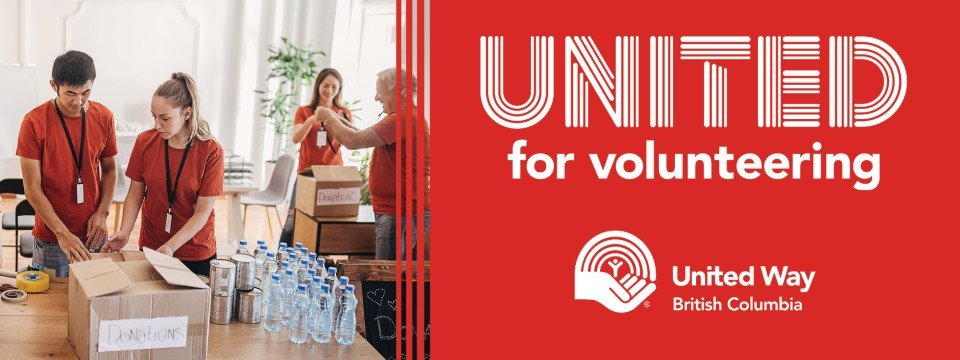Volunteer Motivation
A volunteer is motivated both by internal and external factors. Galvanize volunteers by creating experience which are both productive and satisfying for both the organization and individual
There are three main approaches to the theory of understanding volunteer motivation, as outlined below:
Theory 1: Join-Stay-Leave
Understanding why people become volunteers, why they stay involved, and why they choose to leave. This helps the recruiter determine what to focus on during the volunteer's life cycle to maximize the outcomes and effectiveness of the partnership between the organization and volunteer.
Some common reasons people volunteer:
- Working towards a cause they believe in
- Helping others
- Achieving personal or career-related goals
- Contributing to community
- Religious obligations
- Sharing skills and experiences
- Networking
- Sense of well-being and belonging
- Making new friends
Reasons volunteers stay:
- Enjoyment - volunteers who have positive experiences or fun will choose to stay.
- Sense of contribution - contributing to a cause that is important to the volunteer is a key pillar to a satisfying experience.
- Pride in organization - volunteers form stronger connections and commitments to an organization when they are connected and proud of the work the organization supports in community.
Reasons volunteers leave:
- Unmet expectations - volunteers often leave when their motivational needs are not met, or when they are not assigned tasks they expected. Their dissatisfaction is usually not reported and may not be noticed by the organization.
- Time constraints - volunteers will leave if organizations are not transparent about the actual time commitment for tasks.
- Changing circumstances - volunteers leave to accommodate changes to their work, personal or health circumstances.
Theory 2: Three Needs
An individual possess three motivating needs which are learned through culture, age and experience. People will usually volunteer and continue to do so because of a mix of how these different needs are met and recognized.
- Achievement
- Individuals typically have a need for achievement, welcomes challenges and is driven by results
- They will benefit from regular feedback to monitor and acknowledge achievements
- Excel when working alone or with other high achievers, or within structures of well-delegated tasks and being able to work with less supervision
- Affiliation
- Seeking acceptance and harmony in relationships and groups
- Tends to confirm to norms
- Prefers work with a lot of social/personal interaction
- Criticism must be soft and tempered with validation
- A sense of power/influence
- In some cases they may be looking for a sense of personal power andto direct others. This characteristic is not usually a good fit for volunteer programs.
- In other cases they are looking to organize their own efforts plus those of others towards institutional goals.
How to recognize these types of volunteers
- Achievement-oriented
- tangible awards, certificates and letters of reference that highlight specifics
- Affiliation-oriented
- relationship-oriented acknowledgement - thank you notes, small gifts, social get togethers, name badges, team projects, special event or themed t-shirts
- Power-oriented
- internal motivation to make a difference in the lives of others
- public recognition and praise
- leadership roles (where appropriate) where they can use some of their ideas and put them into action
Theory 3: Agenda for Action
Volunteers will choose a specific position based on whether or not they believe it will fulfill their inner sense of purpose and external goals. Motivational factors are divided into three frameworks: Identity, Functional and Community Connection.
|
Framework |
Motivator |
Recruitment message |
| Identity |
Volunteering becomes part of how the individual defines their individual or social identity or group membership
|
"If you are a cancer survivor, join us in educating new patients about the success of breast cancer treatments" |
| Functional |
Volunteering and its activities fulfill the individual's needs, purposes or goals
|
"We provide valuable training in emergency response, and can provide the opportunity you need to further your career while helping neighbours in crisis" |
| Community Connection |
Volunteering is motivated by a responsibility or connection to a specific community or place
|
"If making your child's school a better place is a priority for you, join us in our campaign to raise money to purchase books for the school library" |
Most people start and continue volunteering for several reasons. Understanding a volunteer motivation's helps organizations to attract, develop, support and recognize and retain volunteers. Considering each of these motivational theories can help you look deeper and more strategically about how you recruit, recognize and celebrate your volunteers in ways that will meet their needs and fulfill their expectations effectively.
Adapted from McCurley & Lynch: Essential Volunteer Management. Download the complete guidebook here.


